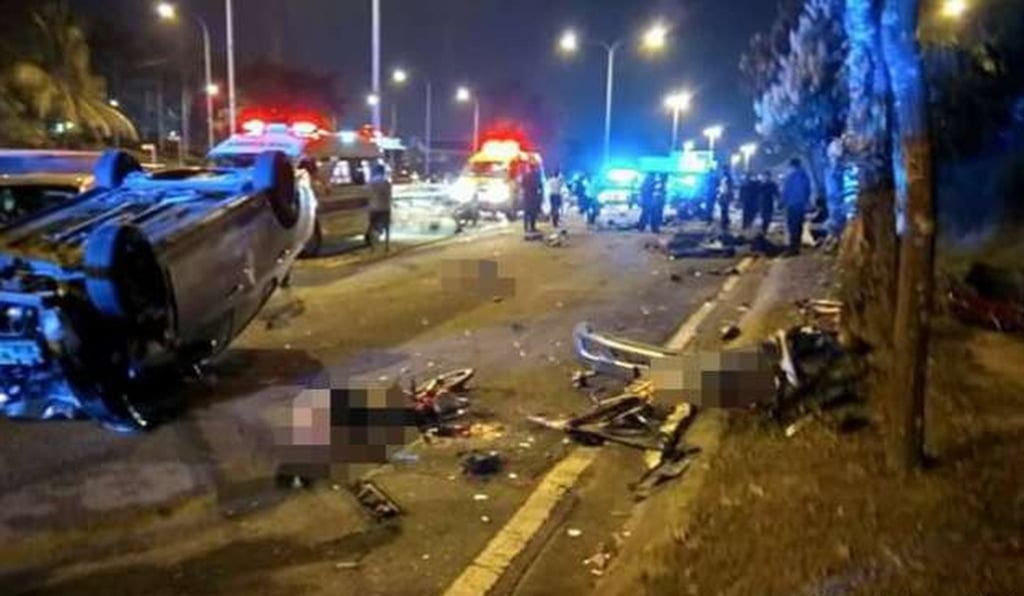Malaysia’s racial tensions flare as 1MDB prosecutor set to defend ethnic Chinese driver who killed eight Malay cyclists in 2017
- Gopal Sri Ram, main prosecutor in 1MDB trial, to lead Sam Ke Ting’s appeal against conviction for reckless driving that killed, injured teenagers
- Malaysians divided over new ruling that overruled the 27-year-old’s acquittals in 2019, 2021 and sentenced her to six years in prison

An ex-judge turned lead prosecutor in the ongoing 1Malaysia Development Bhd (1MDB) case against former prime minister Najib Razak and a criminal lawyer who defended him have teamed up to appeal against a young driver’s prison sentence for killing eight teenage cyclists.
The guilty verdict reached last month for Sam Ke Ting’s 2017 reckless driving manslaughter case made big waves in Malaysia and revealed a fractured society with many people viewing court rulings through a racial lens.
This tendency is likely to be further highlighted now that the two legal heavyweights have thrown their weight behind Sam, who has Chinese heritage, whereas the eight victims, all boys, were of Malay descent.

They aim to appeal against her conviction and six-year jail term meted out by the Johor Bahru High Court on April 13.